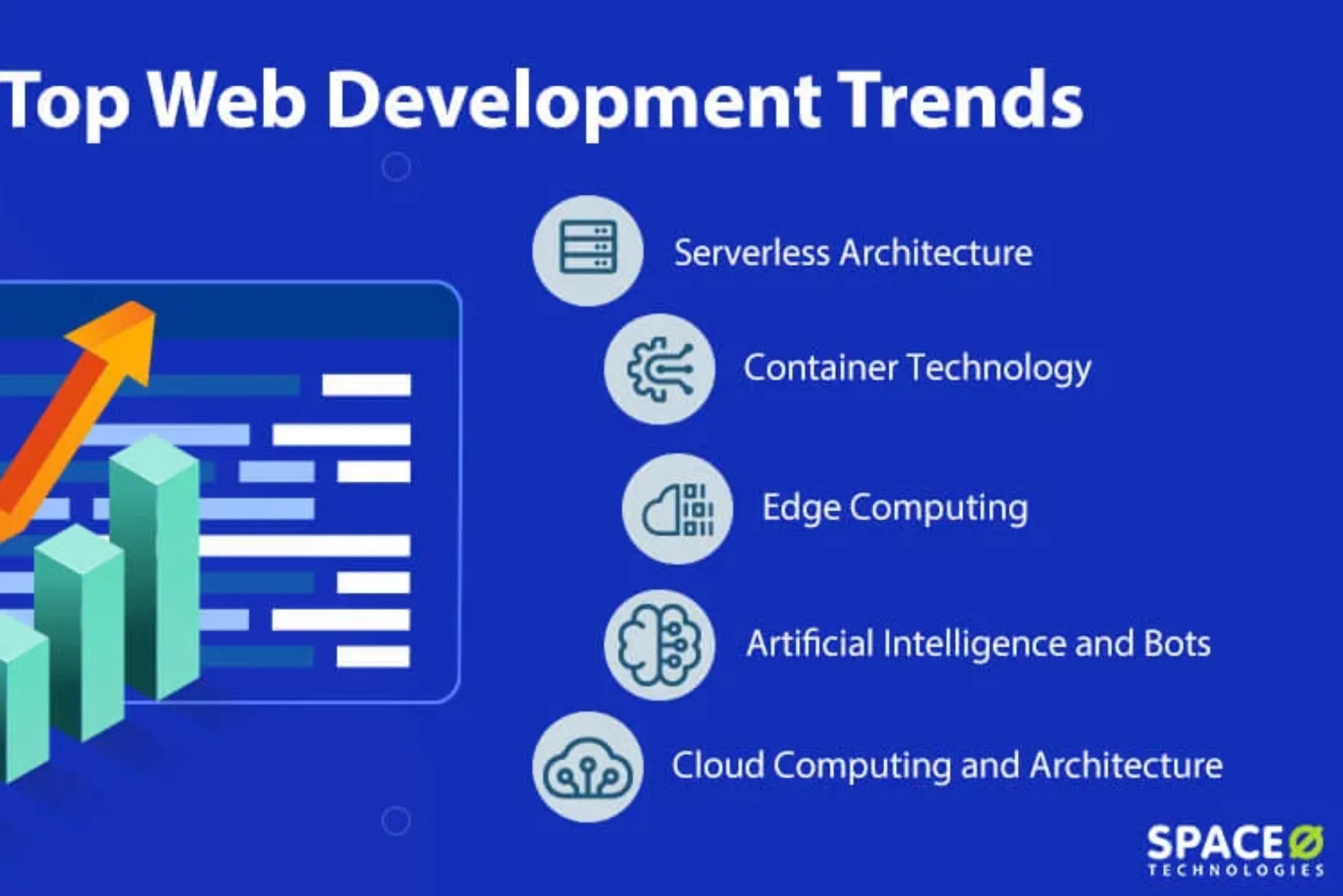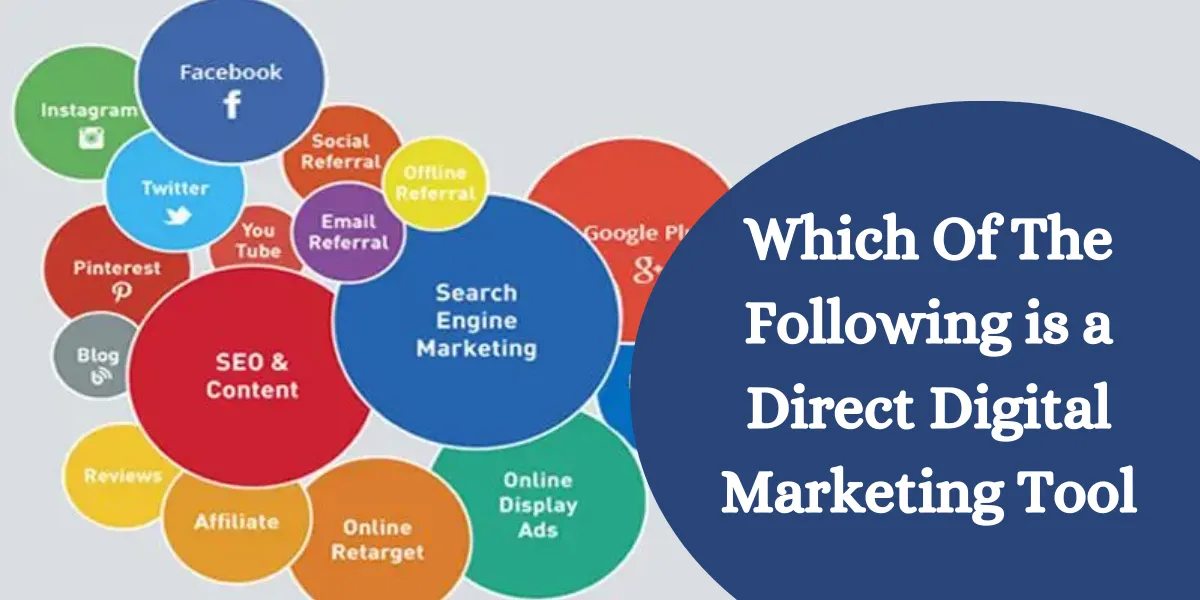Which Of The Following is a Direct Digital Marketing Tool
In the age of digital marketing, businesses have a plethora of tools at their disposal to connect with customers directly. These tools, when used effectively, can significantly impact your marketing efforts and boost engagement. In this article, we will delve into the various direct digital marketing tools and examine their role in the modern marketing landscape.
Understanding Direct Digital Marketing
Direct digital marketing refers to strategies and techniques that allow businesses to connect directly with their target audience. Unlike traditional marketing channels, such as print or TV, direct digital marketing leverages online platforms and technologies to communicate with potential customers. It is a more personalized and interactive approach, making it an essential component of modern marketing strategies.
Benefits of Direct Digital Marketing
- Highly Targeted Campaigns: One of the significant advantages of direct digital marketing is the ability to target specific demographics and interests, ensuring your message reaches the right audience.
- Real-Time Feedback: Unlike traditional marketing, digital campaigns provide real-time data and feedback, allowing for quick adjustments and optimization.
- Cost-Effective: Direct digital marketing often proves to be more cost-effective than traditional advertising methods.
Direct Digital Marketing Tools
There is a wide array of tools available to businesses looking to employ direct digital marketing techniques. These tools can be categorized into several categories:
Email Marketing
Email marketing remains a cornerstone of direct digital marketing. It enables businesses to reach potential and existing customers through personalized messages and newsletters.

Social Media Marketing
Social media platforms like Facebook, Twitter, and Instagram provide powerful tools to engage with your audience directly.
Content Marketing
Creating valuable and relevant content can help you connect with your audience on a deeper level. Blog posts, videos, and infographics are popular formats for content marketing.
Search Engine Optimization
Optimizing your website for search engines is crucial for reaching potential customers actively searching for your products or services.
Which of the Following is a Direct Digital Marketing Tool?
The effectiveness of direct digital marketing tools often raises the question: which one should you choose? The answer depends on your specific goals, target audience, and industry. In most cases, a combination of tools is the key to success. To make the right choice, you should consider the following factors:
Target Audience
Determine where your target audience spends their time online. For instance, if your audience is primarily on Instagram, investing in social media marketing might be the way to go.
Goals
Clearly define your marketing goals. Are you looking to increase brand awareness, generate leads, or drive sales? Your goals will influence your tool selection.
Budget
Consider your budget. While some tools are cost-effective, others might require a more substantial investment.
The Power of Integration
While each of these tools can be highly effective on its own, they are most potent when integrated into a cohesive marketing strategy. An integrated approach allows you to leverage the strengths of each tool and create a unified, impactful campaign.
In the dynamic world of digital marketing, the right direct digital marketing tools can make all the difference. By understanding your audience, setting clear goals, and making the most of your budget, you can harness the power of these tools to connect with your customers effectively.
Glma Marketing Agency
GLMA Marketing Agency is a dynamic and innovative firm that specializes in direct digital marketing solutions. With a focus on cutting-edge strategies and a client-centric approach, glma marketing agency has consistently delivered exceptional results for its clients. Their expert team can help businesses navigate the ever-evolving world of direct digital marketing, ensuring success in the digital landscape.








